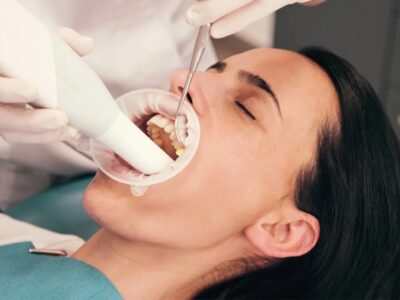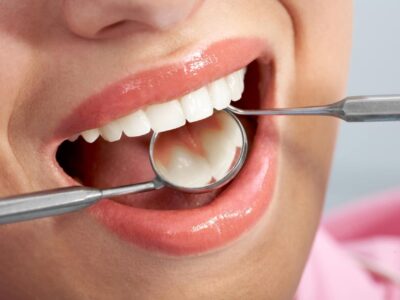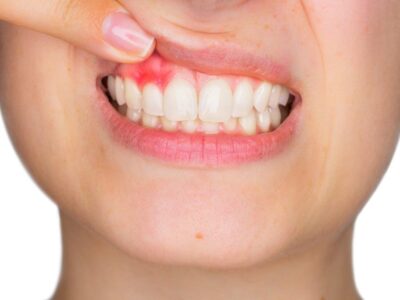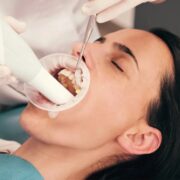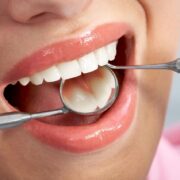
Erectile Dysfunction (ED) is a medical term meaning that you are unable to have an erection sufficient to please your partner. It may also mean that your erections last longer than you would like or be able to have an erection sufficient to please your partner. In the past, erectile dysfunction was considered to be related to psychological issues. However, it is now recognized that in a large number of cases, it is stress related and is not due to psychological issues. As a result, this medical condition is now called erectile dysfunction.
Studies indicate that more than 30 percent of men having erectile dysfunction experience cardiovascular disease as a result. This is a very serious underlying disease because it can cause heart attacks or strokes. It can lead to high blood pressure, heart disease or heart failure. Therefore, if you have erectile dysfunction, it is imperative that you visit a doctor for a complete check up. The earlier the disease is detected, the better your chances of avoiding serious health problems.
There are two types of erectile dysfunction: physical and emotional. Physical impotence is caused by physical conditions such as neurological disorders, hormonal problems or by physical factors such as insufficient blood flow. Emotional impotence occurs when the patient is depressed or anxious. This type of impotence is known as swipe.
The good news is that you can improve your sex life and avoid serious health complications by making some adjustments to your lifestyle and/or using certain treatments. These include stopping alcohol use and using aphrodisiacs, such as oysters, nuts, hops, cloves and peppermint. Maintaining a long-term healthy diet will also help improve your erectile dysfunction.
Another good idea is to try to stay away from different types of medications because they can cause erectile dysfunction. Many prescription drugs cause diluting of the blood vessels which cause blocked arteries. Blocked arteries cause varicose veins, which can be very uncomfortable and sometimes painful, especially during erection. Another reason why ed patients experience this condition is because they often times use artificial lubricants during sexual intercourse, which also can contribute to narrowing of the arteries.
If you suffer from this condition, it’s important to seek treatment as soon as possible. Your health is at risk if you don’t get treatment, and the longer you wait, the more serious the situation becomes. The good news is that many cases of erectile dysfunction can be treated successfully. You can improve your sex life and avoid the embarrassment and dangers of permanent damage to your penis.
The biggest embarrassment that men face when talking about sex is erectile dysfunction. Men who suffer from erectile dysfunctions are constantly worried about their ability to get and keep an erection during sex. Some men have even tried pills, creams, and other medication just to help them maintain an erection when they are with a partner. This is a big problem. It can cause a lot of stress in your life.
There are actually several physical causes for ED. One is enlarged prostate (BPH). With this condition, the prostate gland can produce too much prostate fluid. When there is too much fluid produced, it can cause a man’s bladder to weaken. Another physical cause for erectile dysfunction is enlarged heart.
Another physical cause of erectile dysfunction is physical causes relating to nerves. One of these physical causes of ED is called diabetic neuropathy. With diabetes, a person’s nerve cells do not send out certain messages. The only way for a nerve to deliver these messages is through the blood vessels. When these vessels are damaged by diabetes, the messages sent from the nerve to the penis are not as clear as they should be.
To treat these physical causes of erectile dysfunction, you will want to talk to your doctor about possible medications. If you do not have diabetes, you may be able to use medications to lower your blood sugar. Your doctor will tell you the best medications to help you with ED.
Another treatment for erectile dysfunction is depression. Depression affects a person’s body in many ways. Sometimes it leads to ED due to low self-esteem, but there are many different ways how depression can affect your body.
If you have erectile dysfunction, you should also discuss possible causes of impotence with your doctor or trusted ED and PE men’s sexual health specialists to diagnose the underlying causes. Impotence refers to when a man has a decreased amount of erection, or an inability to achieve or maintain an erection long enough to feel full. This can lead to emotional issues and a lack of confidence. With proper treatment, you can regain your self-esteem and feel more confident about your body.
One of the common causes of erectile dysfunction is atherosclerosis. Atherosclerosis is damage to the arteries that the penis and scrotum pass through. Usually, this type of damage occurs from high blood pressure or heart attack. When the arteries are damaged, blood cannot flow as quickly through them, so the penis and scrotum may not get enough blood to complete an erection. Surgery, balloon inflation, and laser surgery are some of the treatments that can help you with atherosclerosis.
Another common cause of erectile dysfunction is low testosterone. In men, testosterone is responsible for regulating sexual arousal, muscle strength, fertility, and sex drive. Low testosterone levels can lead to a number of physical problems including low energy levels and muscle weakness. Many times this causes erectile dysfunction because muscles fail to perform as they are supposed to.
You can use one or a combination of many of the treatments available to overcome your erectile dysfunction. Talk to your doctor about your options and find out what your current health status is. Your doctor may recommend several treatments to help you regain your ability to have an erection. Once your health is better, you can consider different options for treatment. The earlier you start to treat your erectile dysfunction, the easier it will be to overcome it and get back the ability to have sex.



